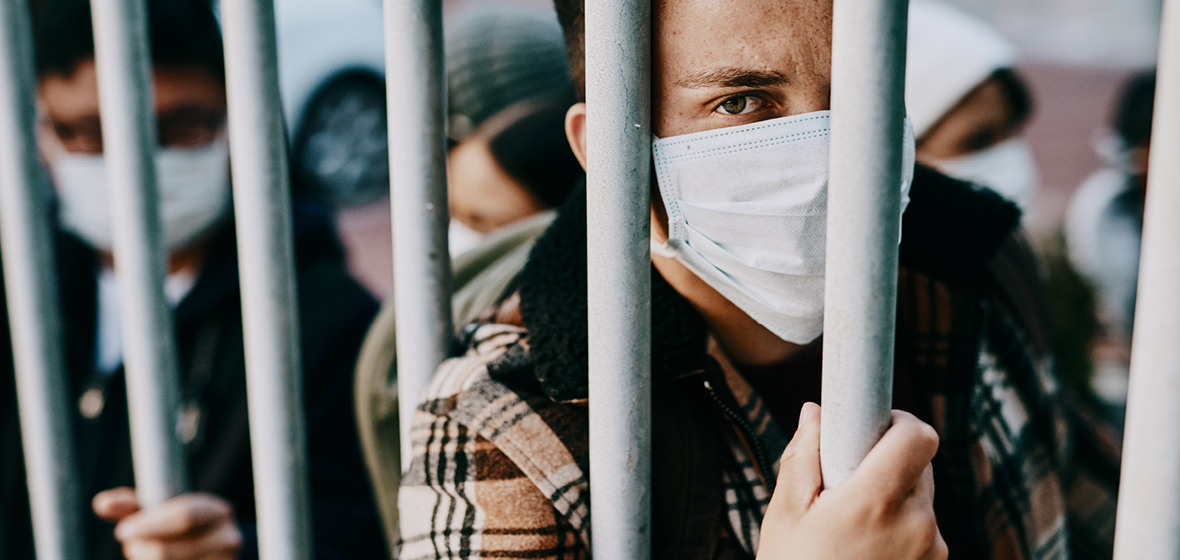Snapshot
- Australian prisoners are at significantly greater risk than the general population from COVID-19.
- There has been some suggestion in other common law jurisdictions that habeas corpus could lie to release prisoners where their conditions of incarceration become so intolerable as to make that incarceration illegal.
- While in Australia the High Court has not considered the application of the writ in circumstances of ‘intolerable conditions’, there is some support for its use in such situations.
There is an imminent human disaster threatening Australian prisons, and the disproportionately high number of First Nation prisoners who are incarcerated within. Across the world, governments are recognising the risk to prisoners from the Covid-19 virus. Commentators have noted the ‘notorious’ status of prisons as incubators for infections, and the World Health Organization foresees the possibility that ‘every prisoner’ will be contaminated with Covid-19 ‘very quickly’ (Thalia Anthony, ‘Coronavirus is a ticking time bomb for the Australian Prison System’, The Guardian Australia Edition (online), 26 March 2020); Hannah Summers, ‘”Everyone will be contaminated”: prisons face strict coronavirus controls’, The Guardian Australia Edition (online), 24 March 2020).
In NSW, one staff member at Long Bay Prison Hospital has already been diagnosed with the virus (Sarah Thomas, ‘Rate of coronavirus infection slows in NSW as authorities urge public to maintain social distancing’, ABC News (online), 30 March 2020). In Victoria, the ACT and NSW, superior courts are recognising that incarceration in the time of Covid-19 is likely to be more onerous (Re Broes [2020] VSC 128; Brown (aka Davis) v The Queen [2020] VSCA 60; R v Stott (No 2) [2020] ACTSC 62; Rakielbakhour v DPP [2020] NSWSC 323). And recently, NSW became the first government in Australia to enable certain inmates to be released to control the spread of disease inside Australian prisons when it passed the COVID-19 Legislation Amendment (Emergency Measures) Act 2020 No 1. Section 276 of that legislation grants the Commissioner of Corrections a discretionary power to grant parole to certain types of prisoners.
Amongst this evolving landscape, a group of concerned lawyers has been exploring potential remedies for the release of vulnerable prisoners from Australian prisons. This is particularly important for First Nation prison populations. Not only are First Nation populations disproportionately represented in Australian prison populations, they are more likely to suffer from health co-morbidities that may make them more vulnerable to the effects of Covid-19. This article considers the availability of one remedy – the writ of habeas corpus.




